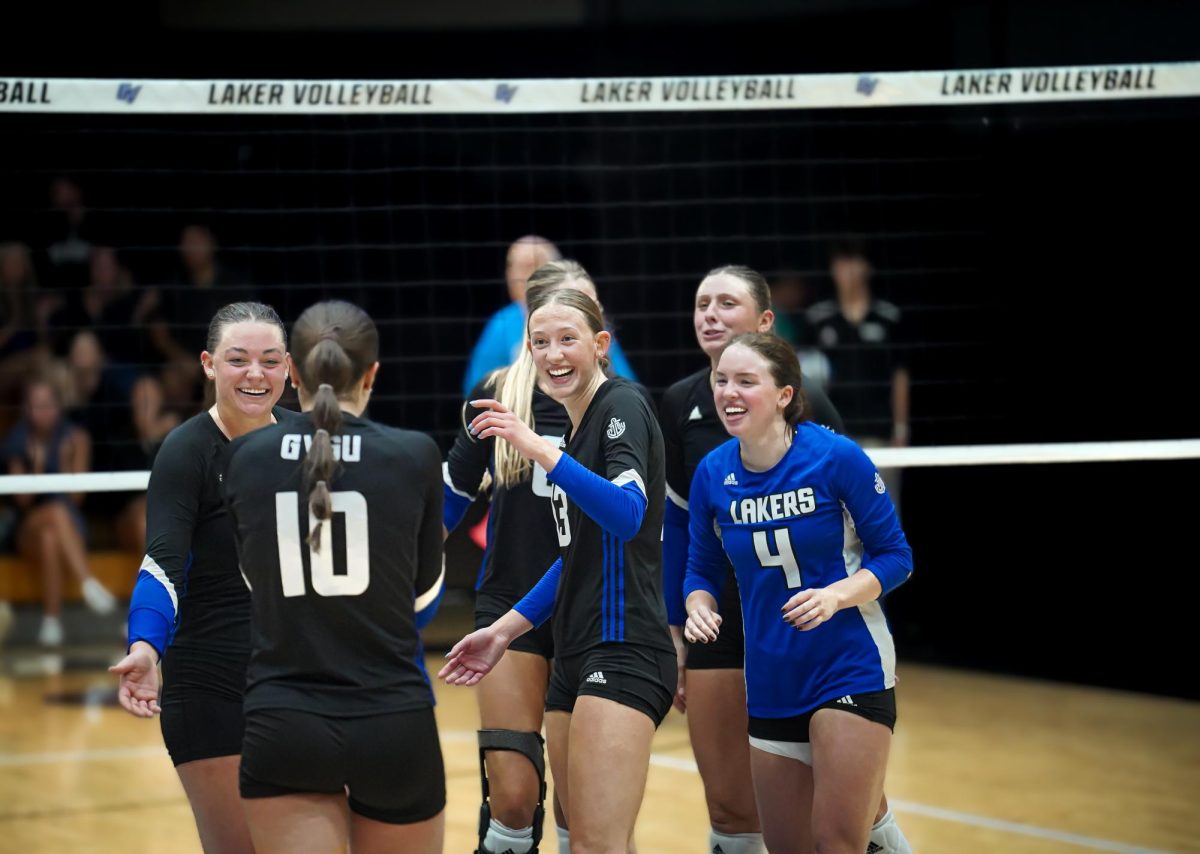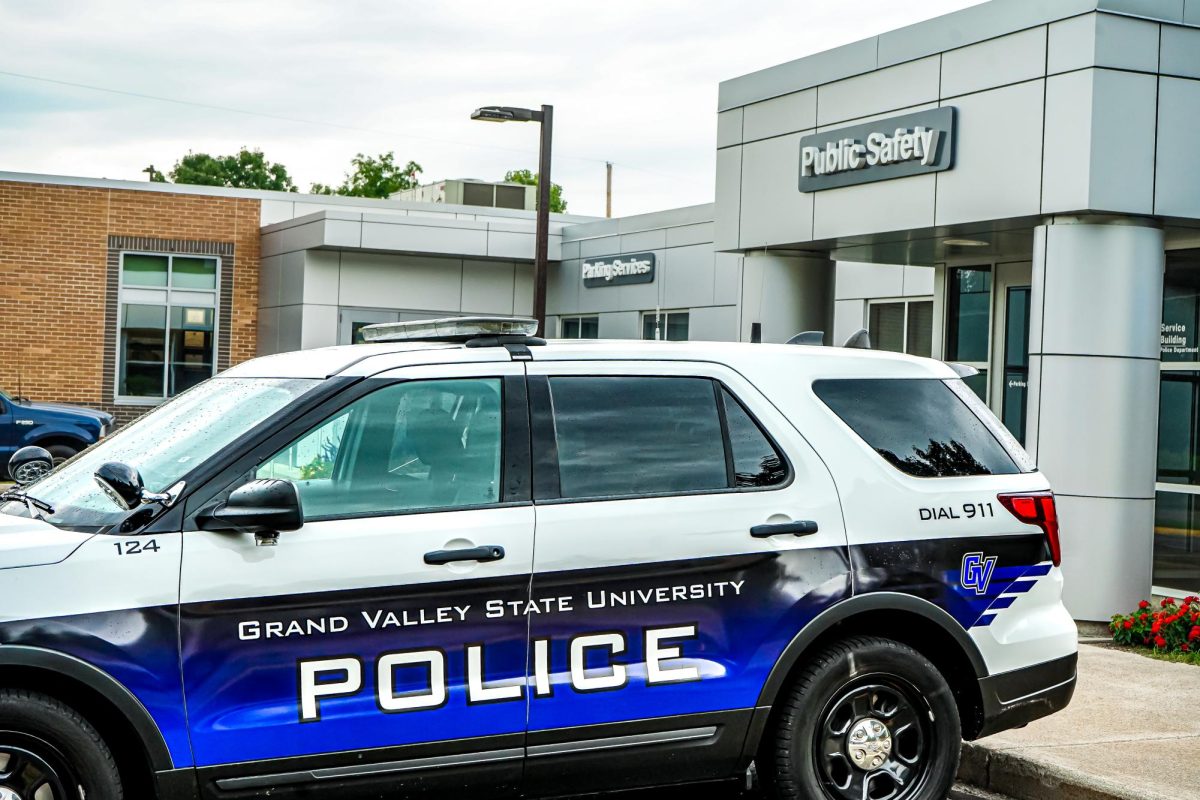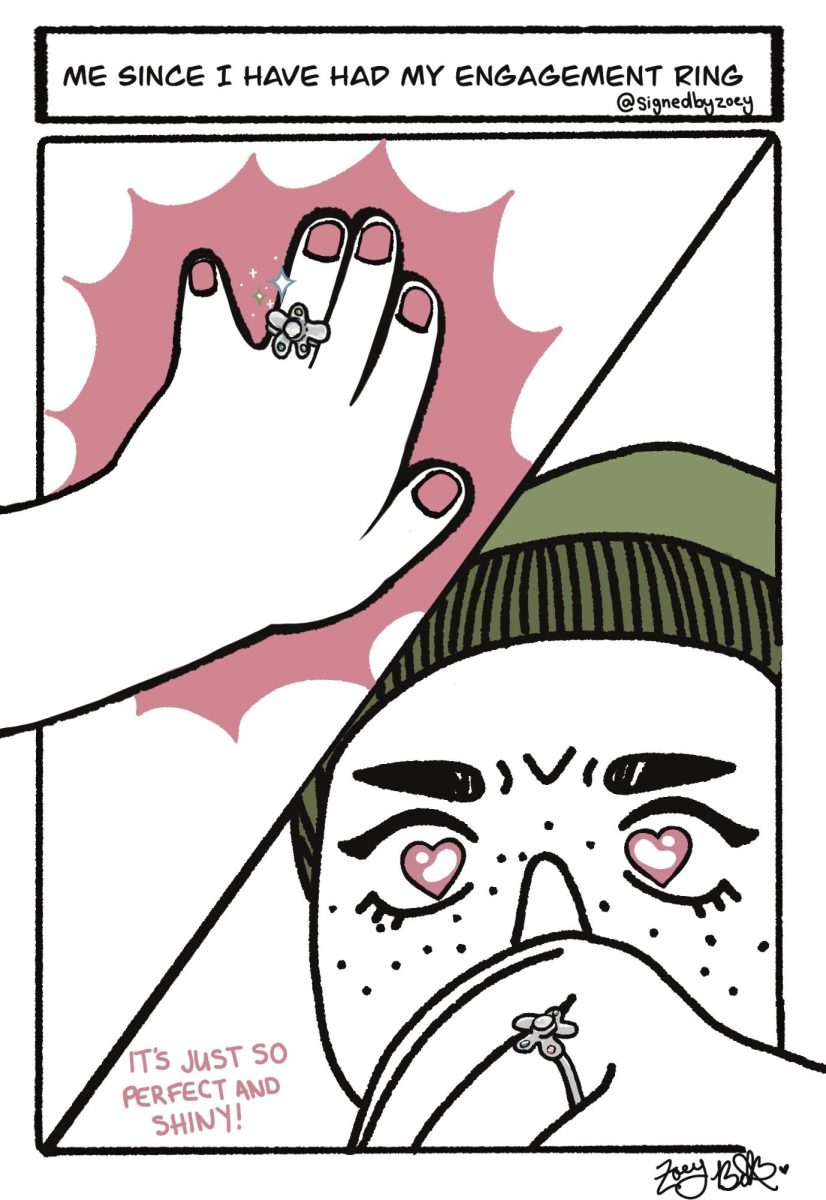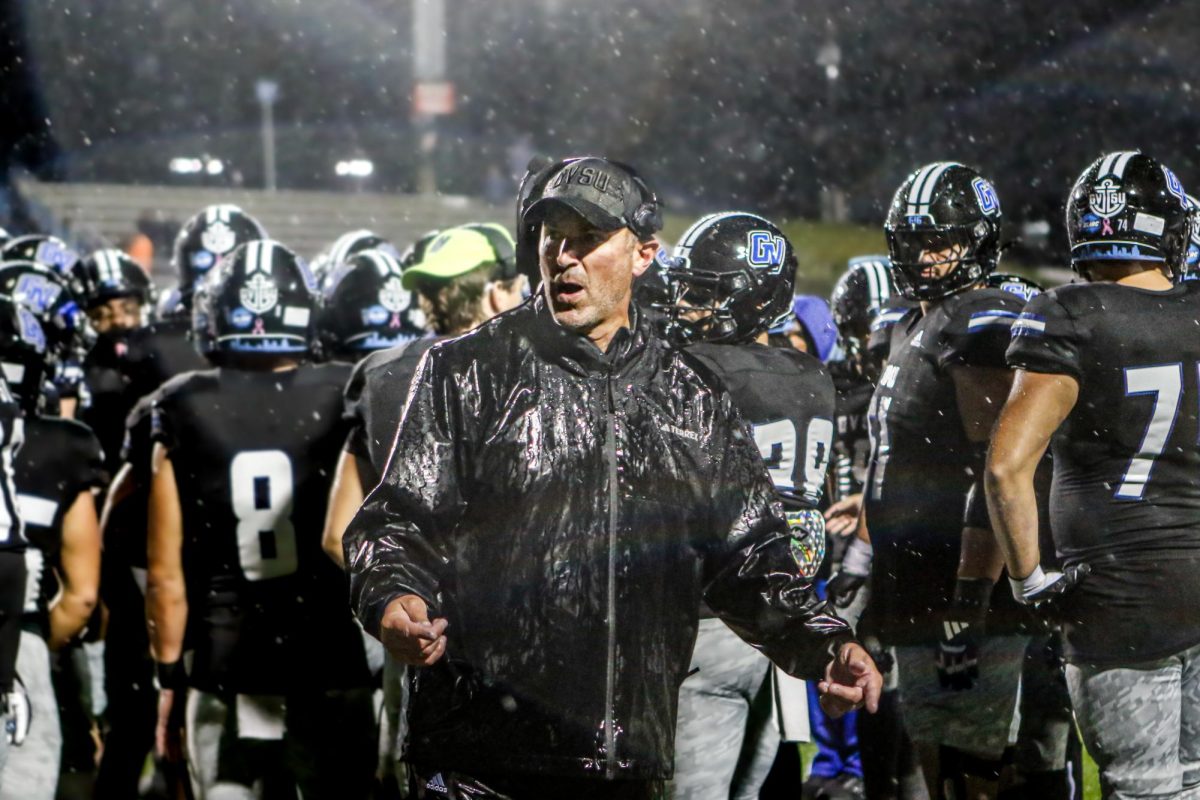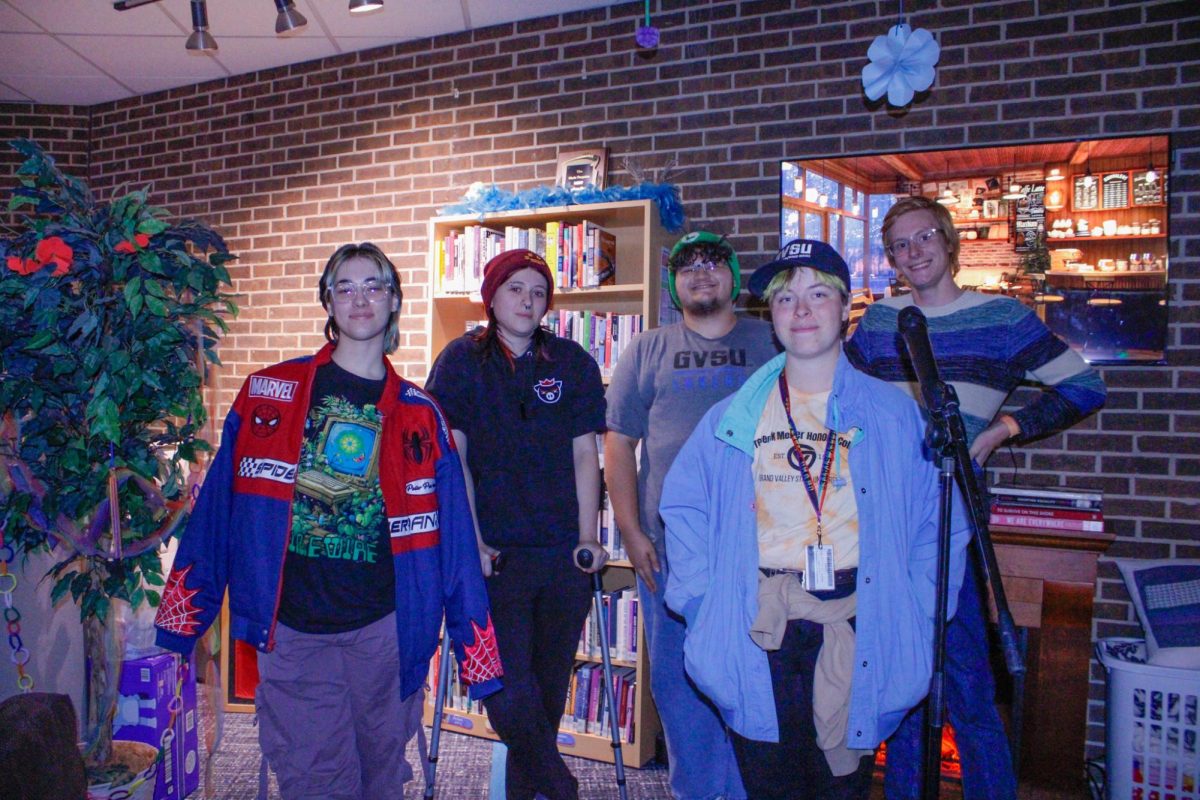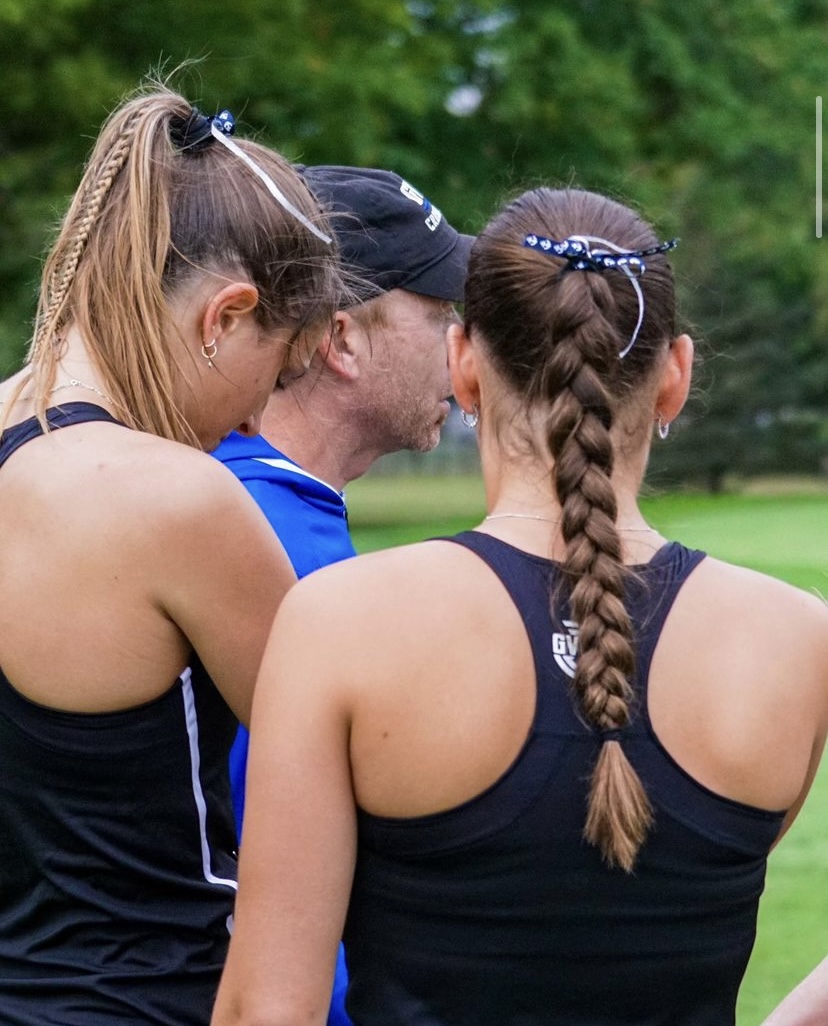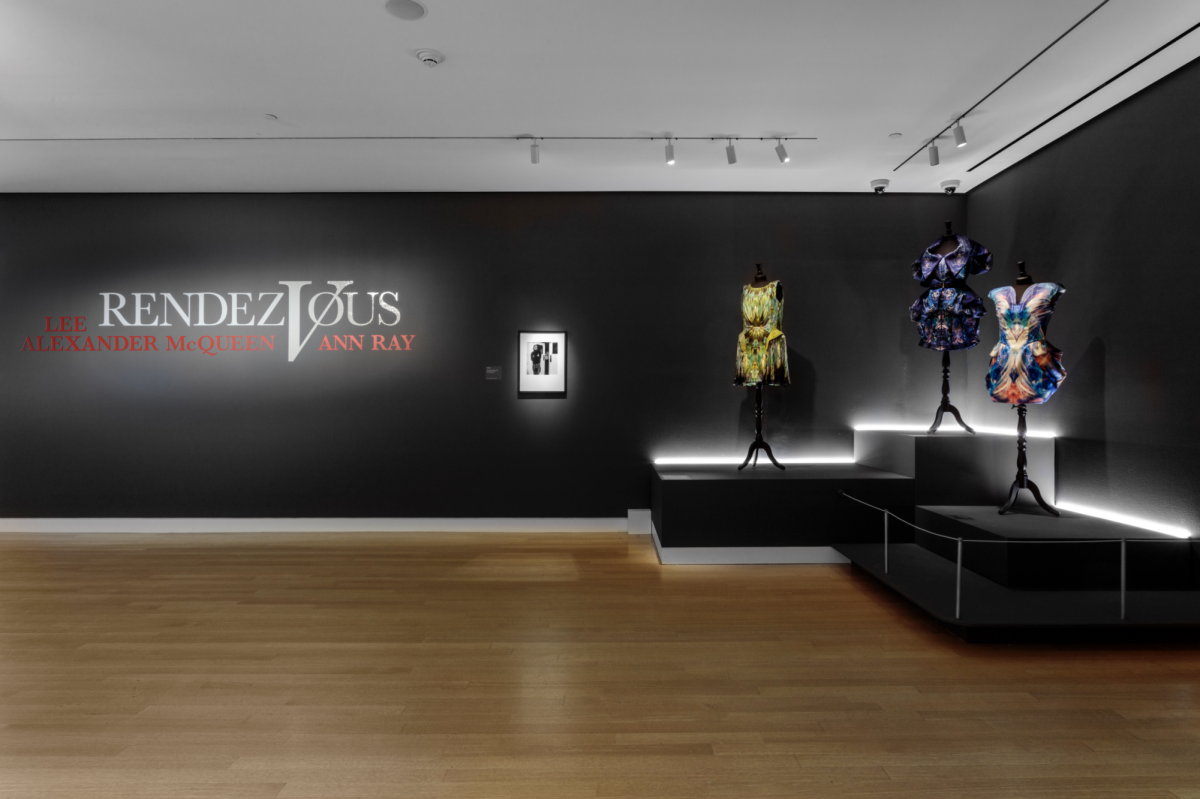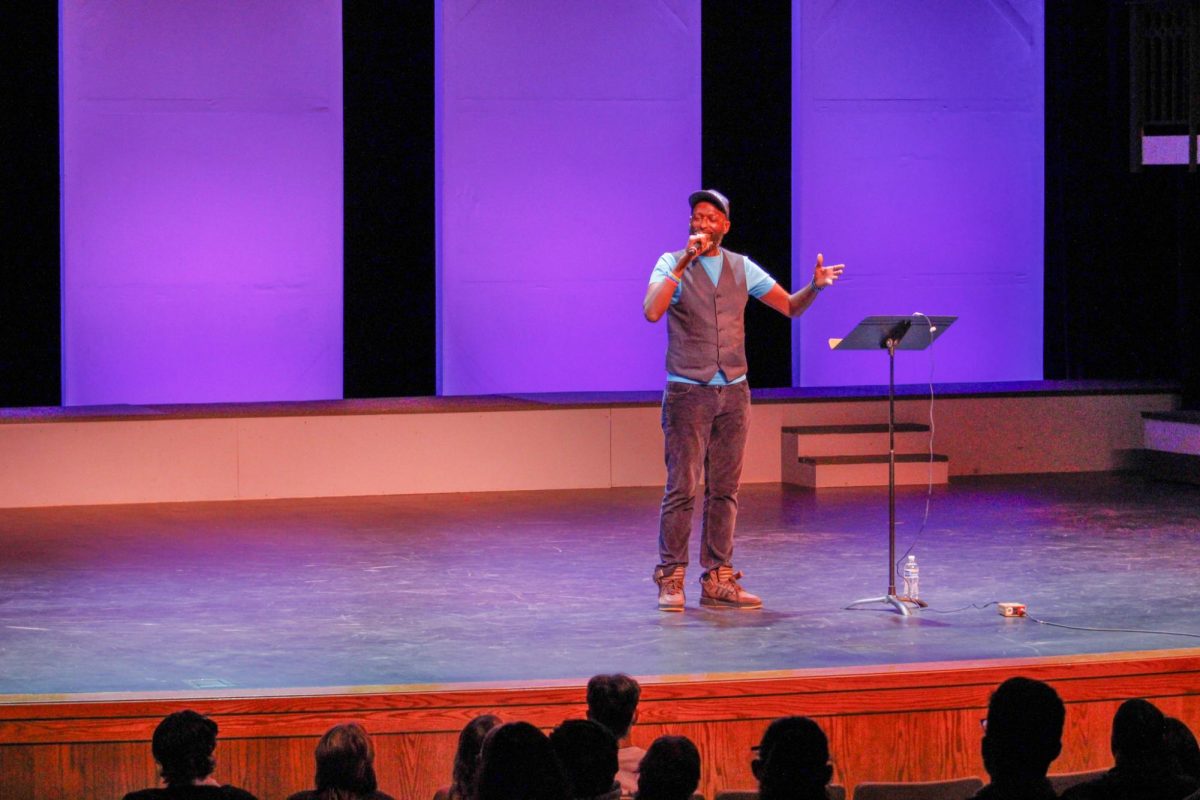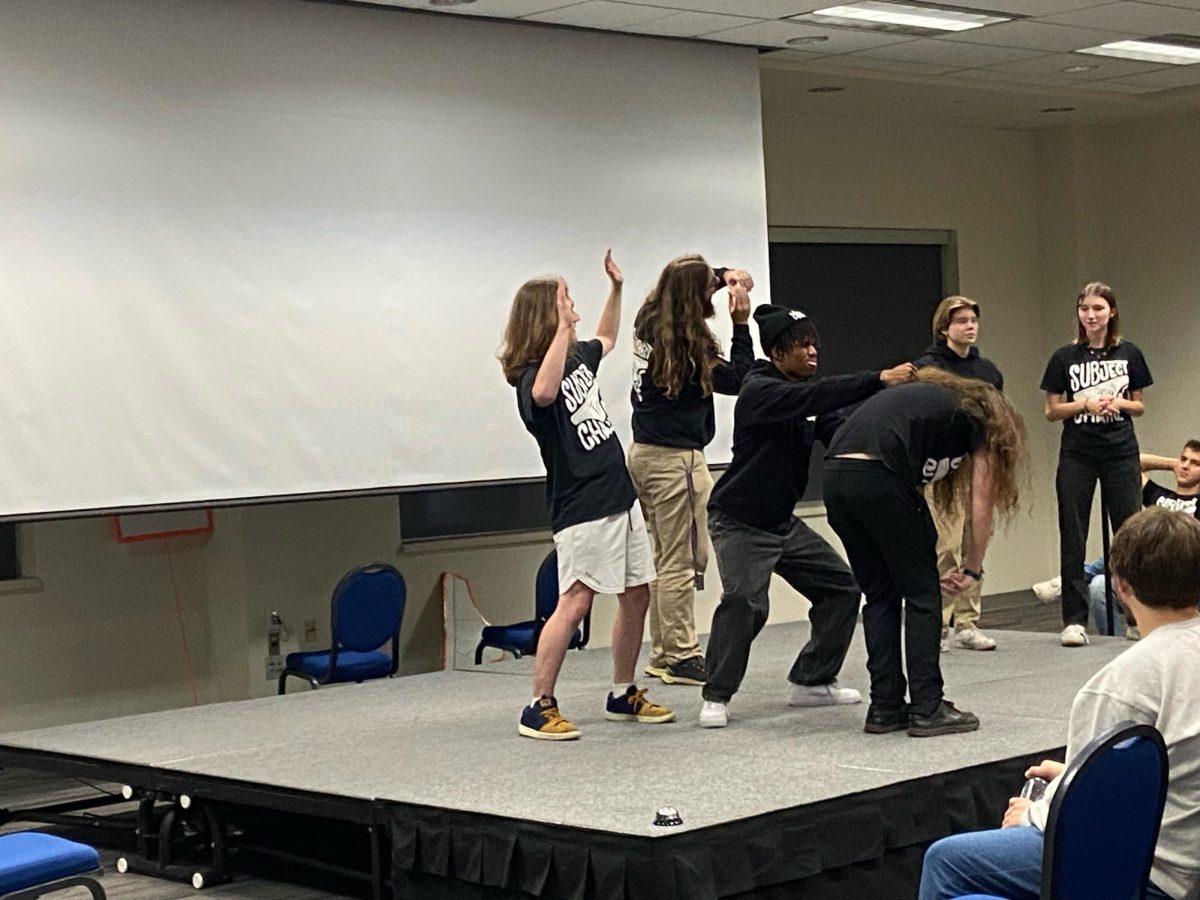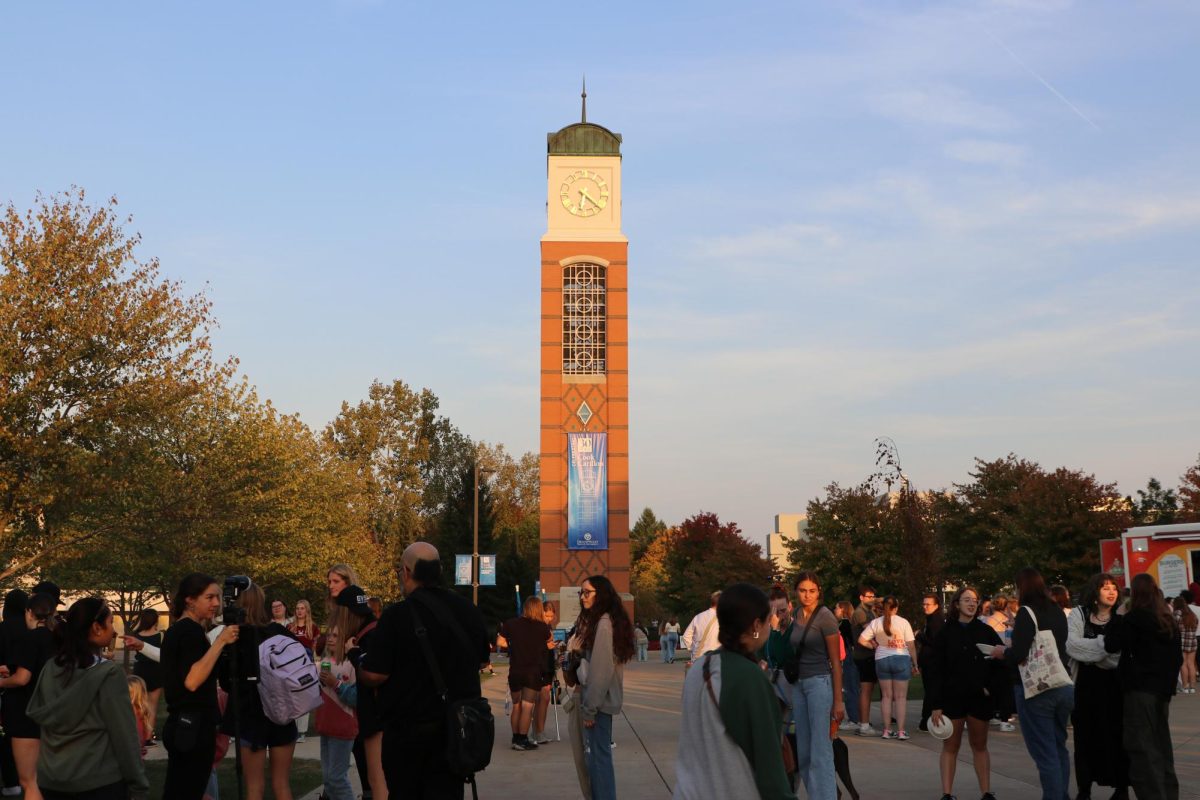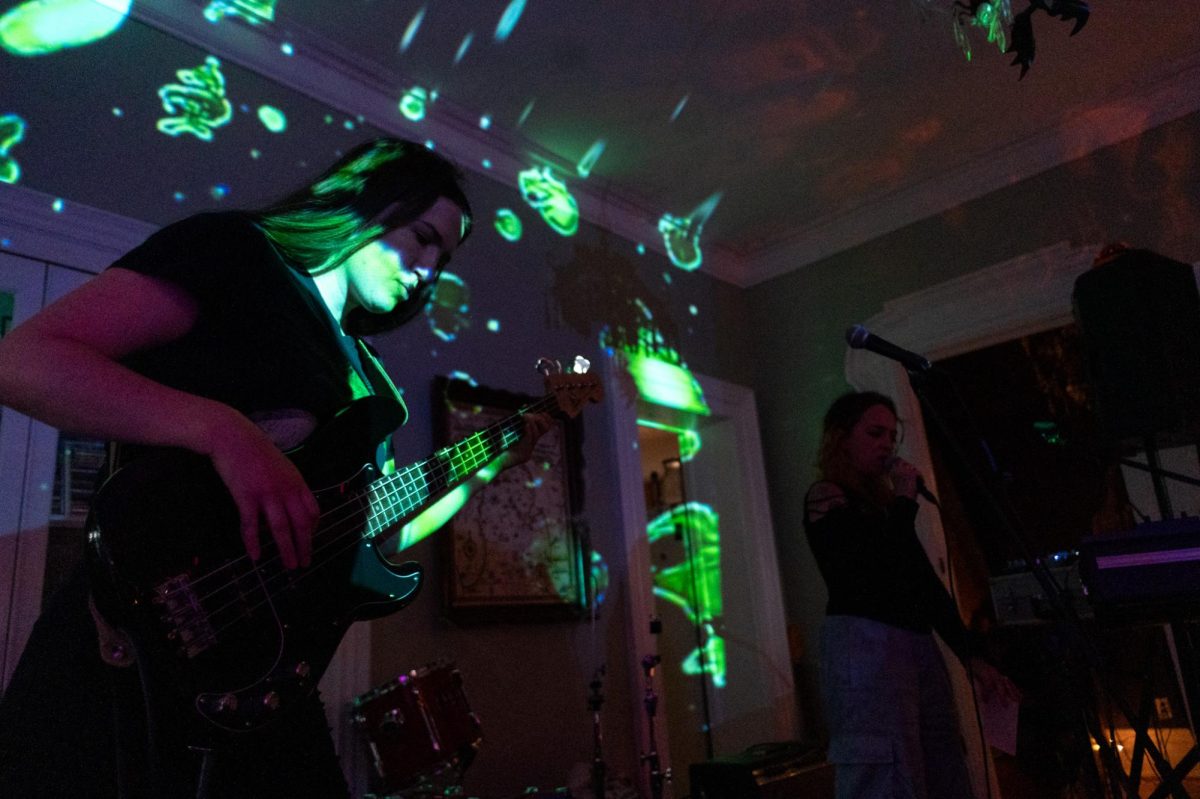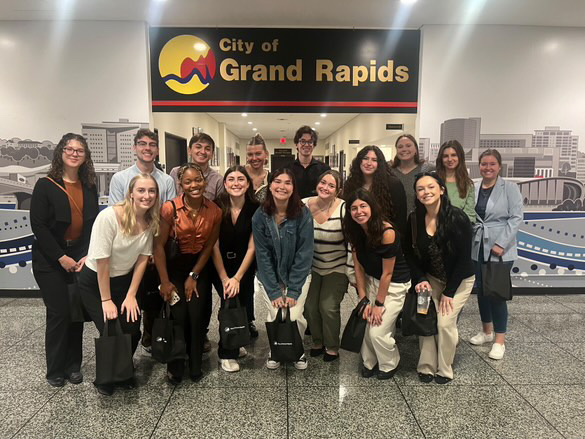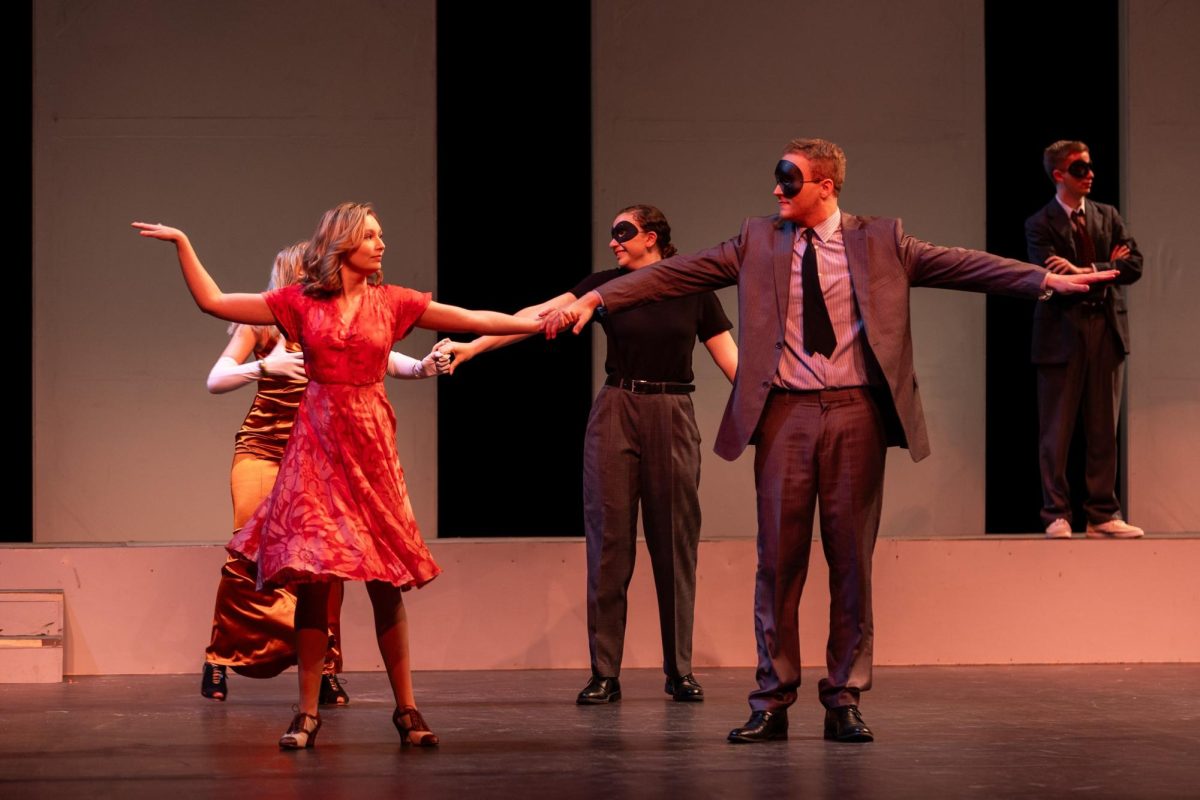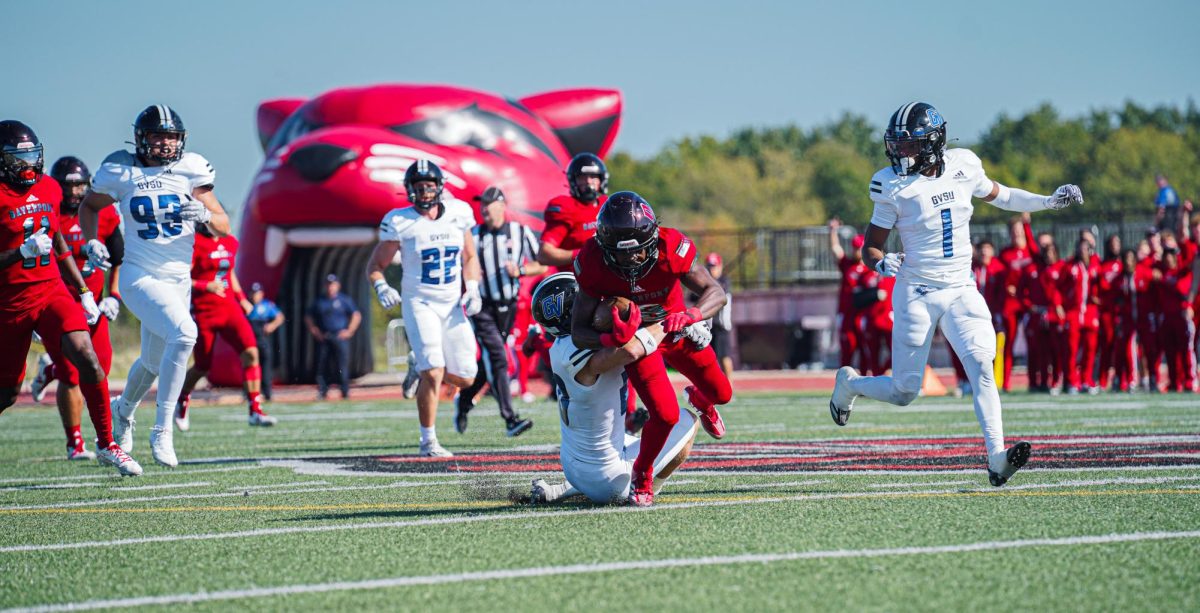Civil discourse symposium to focus on immigration, refugees
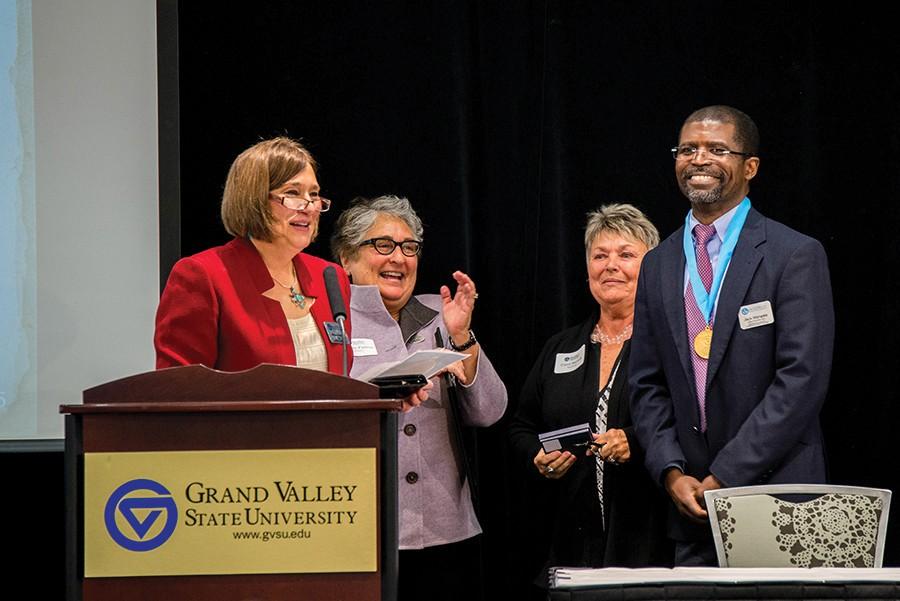
GVL / Courtesy – GVSU.edu Jack Mangala (right) at the 2015 Civil Discourse Symposium
Nov 3, 2016
Immigration is perhaps one of the most divisive, inflammatory topics to circulate in current political and social dialogue. To encourage members of the local community to discuss this issue openly and courteously, the civil discourse program in the Brooks College of Interdisciplinary Studies at Grand Valley State University will host its third annual symposium.
The “Welcoming Immigrants and Refugees: Community Engagement and Transformation” symposium will consist of a panel and round-table discussion Thursday, Nov. 10 from 5 p.m. to 8:30 p.m. in the L. V. Eberhard Center.
Jack Mangala, associate professor of African/African-American studies and political science, will be one of the panel’s moderators. He is the current holder of the Padnos/Sarosik endowed professorship of civil discourse, a two-year appointment, and is teaching a course that corresponds with this year’s symposium.
Mangala, who largely planned and organized the 2016 symposium with his students, chose to focus on immigration because of its contentious role within public dialogue and because of his personal connection to the issue as an immigrant himself.
“(Immigration is) a very divisive issue,” he said. “(People) are coming to this issue from different sensibilities, different perspectives, and I think it’s important that we listen to each other, both those who are for immigration (and) those who feel threatened by it.”
While Mangala stressed the importance of non-judgmental listening on both sides of the issue, he said some of the concerns people have about immigrants are not backed by data.
“I think most people who feel threatened by (immigrants) are mostly talking about the non-economic impact of immigration, things that you cannot really quantify,” he said. “They feel culturally threatened. Evidence doesn’t seem to back all the concern that people have about immigrants in (terms) of terrorism, crime and taking away jobs.”
The panel will consist of individuals who work with immigrants or are immigrants themselves. Attendees will have the opportunity to listen to these panelists, ask them questions and engage in dialogue with each other.
“The idea is to have small table discussions just for people to share their experiences or some of the fear they might have and to share with each other how they view immigration, how they view (immigrants) and what they think,” Mangala said.
Anne Hiskes, dean of the Brooks College of Interdisciplinary Studies, said the civil discourse program was created to address a lack of courteous public dialogue about important issues.
“I think the best way to solve problems is to educate the next generation,” Hiskes said. “Shelly (Padnos), Carol (Sarosik) and I brainstormed and we thought what would be good is to have an endowed professor who would help students develop skills through practical experience in leading difficult conversations, but civil, informative, constructive conversations around important issues.”
Marlene Kowalski-Braun, associate vice provost for student affairs and inclusion, said the symposium will be a unique opportunity for people from different backgrounds to congregate and discuss immigration.
“Oftentimes, the academy can be seen as a difficult place to enter or navigate if you’re not a part of it,” Kowalski-Braun said. “There’s a lot of privilege that comes with being able to be a professor or having the privilege to go to college. (In) this case, the people who have the most knowledge in the room are not the faculty, staff and students at Grand Valley. It’s people whose lived experience gets to be centered in the discussion.”
Mangala hopes attendees take away a few key ideas from the symposium.
“Immigrants don’t represent a trait,” he said. “The evidence doesn’t back that. We can all relate to the immigrant experience. We are all immigrants at some level.
“I really hope that the people will engage in debate and the discussion about immigrants in a more civil way, not try to dehumanize them, but look at immigrants as human beings who are here for the same reason. (They) just wanted a better life for (themselves) and for the community.”



